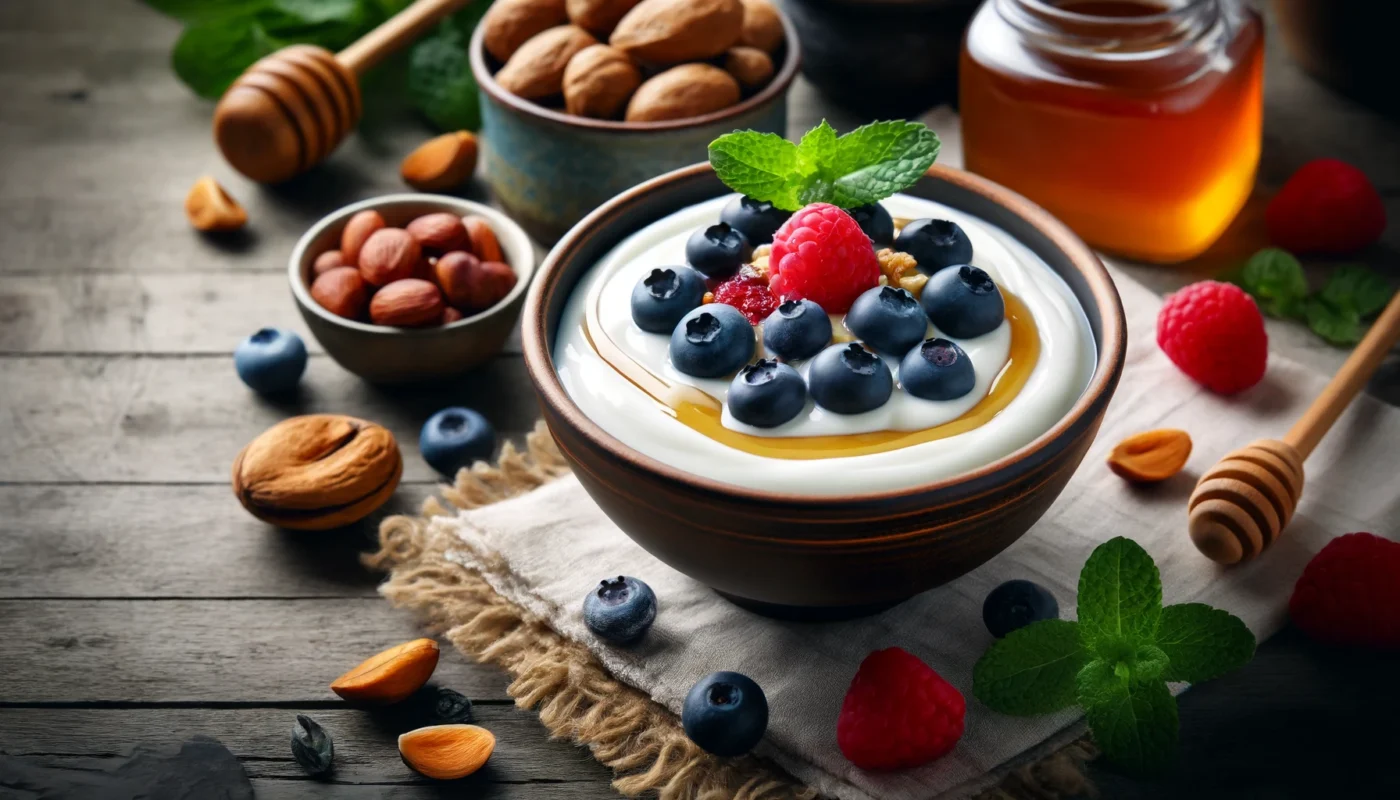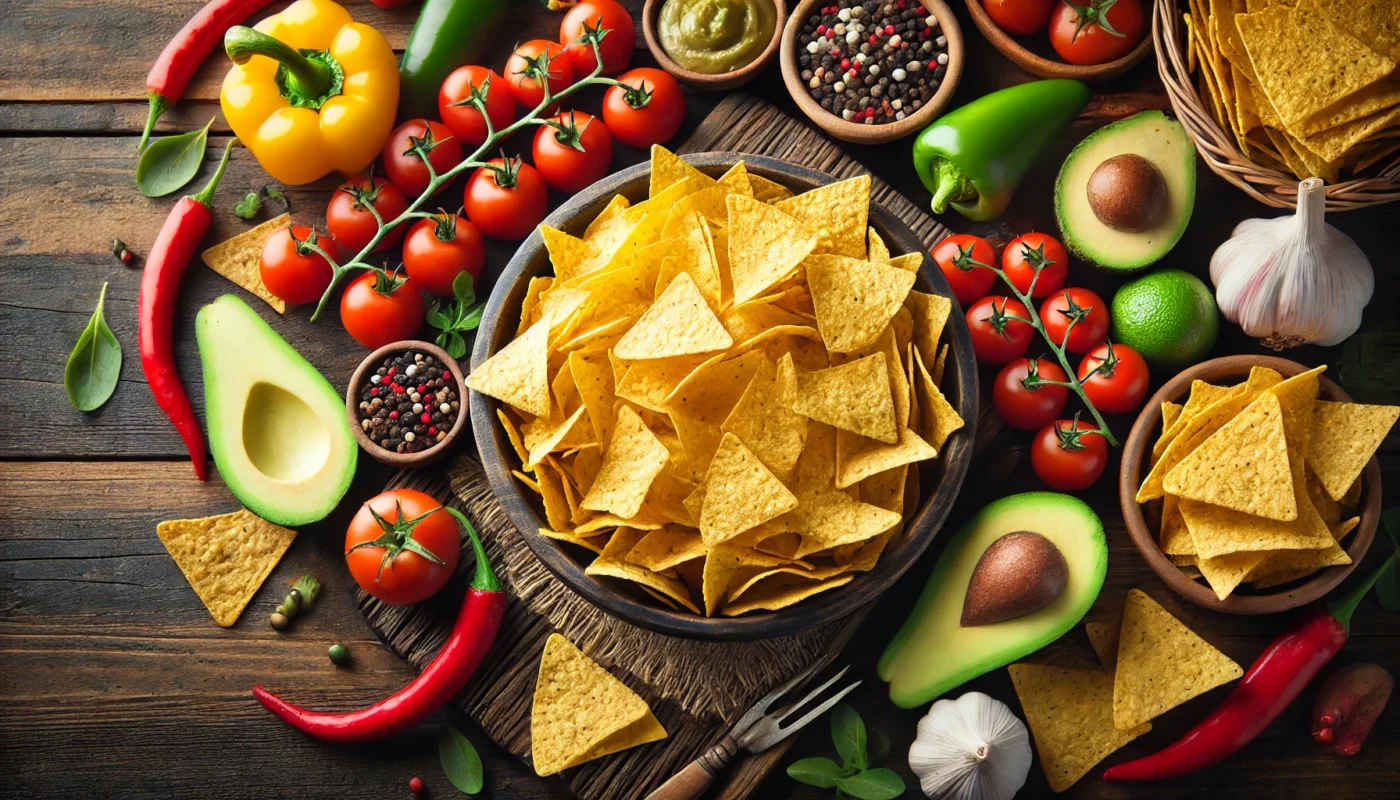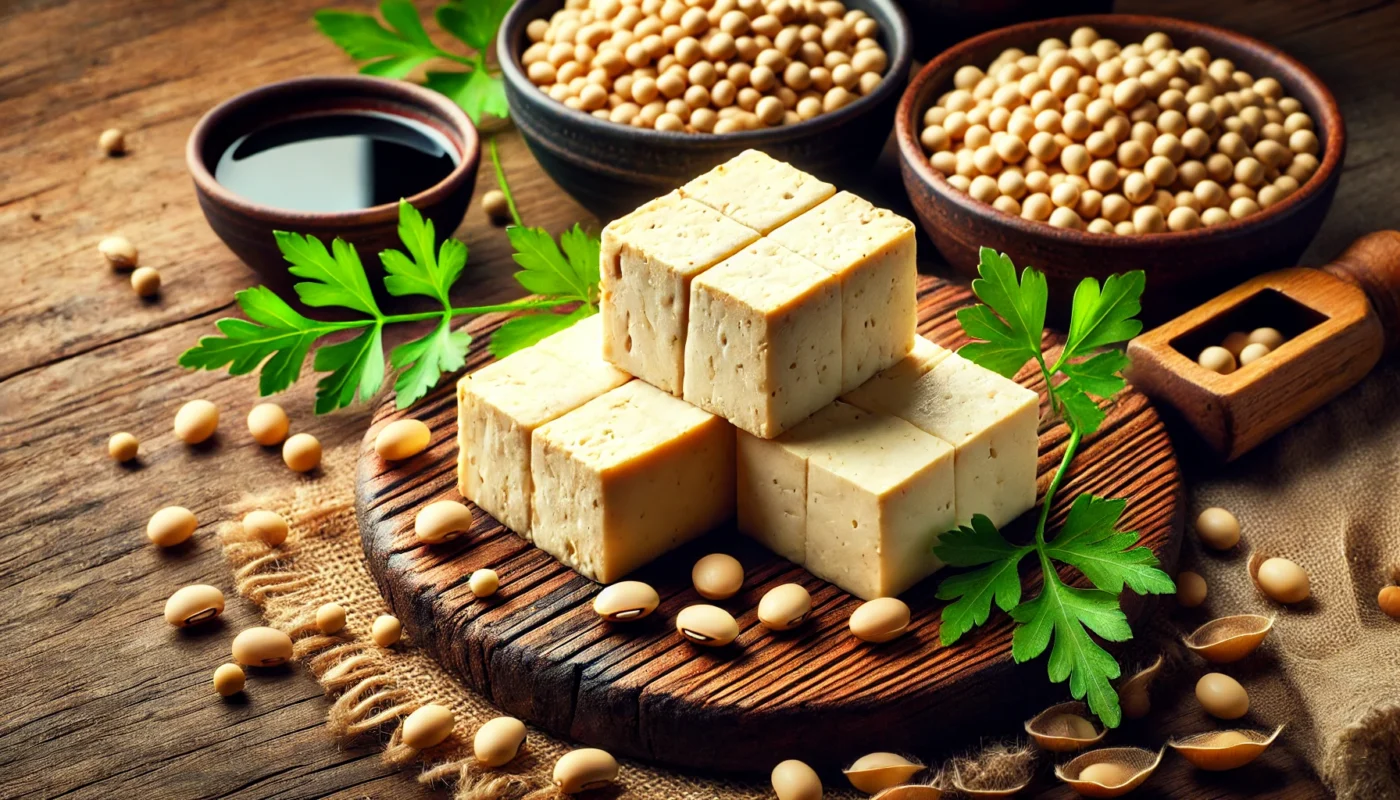Yogurt is a staple in many diets worldwide. Its creamy texture and tangy flavor make it a versatile food.
But beyond its culinary appeal, yogurt is often touted for its health benefits. It’s rich in protein, calcium, and beneficial probiotics.
However, a question that often arises is: can yogurt cause inflammation? This query is particularly relevant for those managing inflammatory conditions or seeking to optimize their health.
Inflammation is a complex process in the body. It can be both a friend and foe, depending on its duration and intensity.
Diet plays a significant role in managing inflammation. Certain foods can either trigger or reduce inflammatory responses.
So, where does yogurt fit into this picture? Does it soothe inflammation or stoke its flames?
This article aims to delve into the relationship between yogurt consumption and inflammation. We’ll explore what scientific studies say and provide practical advice for incorporating yogurt into your diet.
Whether you’re a fitness enthusiast, a health enthusiast, or a medical patient, this comprehensive guide will help you make informed decisions about yogurt and its role in your health journey.







